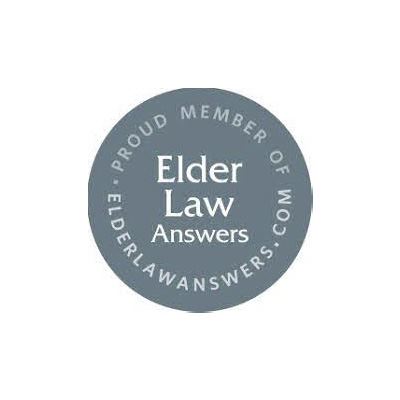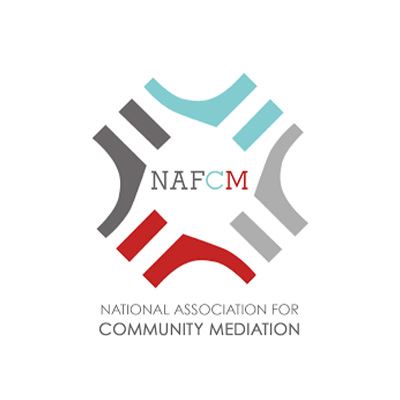
Criminal Sentencing in North Carolina
Our Charlotte Criminal Defense Attorneys Are Available to Discuss Your Case
Sentencing refers to the imposition of punishment for a criminal conviction. To determine a sentence, judges evaluate various details of the crime committed and the criminal history of the offender. A person who is charged with a crime may be sentenced to prison, probation, or a variety of other sentence types.
To speak with our criminal defense lawyers in Charlotte, call (704) 870-0340 or complete our contact form.
How is Sentencing Determined in North Carolina?
In North Carolina, the sentence imposed is based on a variety of factors including:
- Classification of the criminal offense — All offenses are assigned a classification. Misdemeanors are levels 3, 2, 1, or A1 with 3 being the most minor and A1 being the most serious. Felonies are classified from A through I with A being the most serious.
- Defendant’s prior record level (criminal history) — A defendant receives points for previous convictions, receiving a new conviction while on probation, or from certain “habitual” statuses. Based on the number of total points, a defendant’s record level ranges from 0 to 6 with 6 being the most serious.
- Existence of enhancements due to habitual status — In addition to the underlying charge, a defendant can be charged with “habitual” status such as being a “habitual felon” or “habitual DWI”. Any such enhancement increases the level of punishment.
- Aggravating factors — Aggravating factors are set by statute and are circumstances that make the offense more egregious. This can include things such as: Inducing others to participate in the offense; using a deadly weapon during the commission of the offense; the offense was especially cruel in nature; the offense was committed while on pretrial release for another charge.
- Mitigating factors — Mitigating factors are circumstances that make the offense explainable or less serious, such as the defendant’s age, passive participation in the crime, duress or coercion, or provocation.

Whether you have questions or you're ready to get started, our legal team is ready to help. Complete our form below or call us at (704) 870-0340.
Types of Criminal Sentences
Depending upon all the factors above, the judge will impose a sentence. North Carolina statutes limit the type and length of punishment that can be imposed.
Depending upon the situation, the sentence may include:
- Active sentence of incarceration — An active sentence is the term the defendant must serve in jail or prison (less any time off for good behavior, education, etc.)
- Consecutive sentence — If a defendant is convicted of multiple crimes and sentenced to consecutive sentences, he/she serves one term in imprisonment immediately followed by the other term(s); basically, the sentences are added together. For example, if a defendant is sentenced to 6 to 8 months for one charge and 10 to 12 months for another charge, he/she will serve 16 to 20 months total.
- Concurrent sentence — Defendant serves multiple sentences at the same time. In the example above, if the defendant is ordered to serve the 6 to 8 and 10 to 12 month sentences concurrently, he/she will actually only serve 10 to 12 months.
- Suspended sentence of incarceration — Instead of ordering that the sentence be served, the judge orders that the sentence be placed “on hold” and orders a term of probation. If the defendant completes probation successfully, he/she never has to actually serve the time in prison.
- Supervised probation — Condition by while the defendant reports to a probation officer and complies with designated conditions in lieu of serving active prison time.
- Unsupervised probation — Imposition of certain conditions/rules by which the defendant must abide but he/she is not required to report to a probation officer.
- Community service — The judge may require the defendant to participate in a certain number of hours working.
- Fines/costs/restitution — This includes court costs, fees for court-appointed counsel, fines, and restitution to the victim. All are at the discretion of the judge except court costs which are mandatory in all cases.
- DNA sample — Sentences for all felonies, offenses requiring sex-offender registration, and certain misdemeanors always include the requirement for the defendant to submit a DNA sample.
If you are facing criminal charges, contact the Law Office of Kelli Y. Allen, PLLC. You can reach us by filling out our message form or calling (704) 870-0340.

Real Testimonials, Real Cases
-
"I feel like I can trust them and I would definitely go to them again if i needed their help."R.R.
-
"Thank you to the entire staff."M.G.
-
Excellent & welcoming team!
Ryan Sweeny








